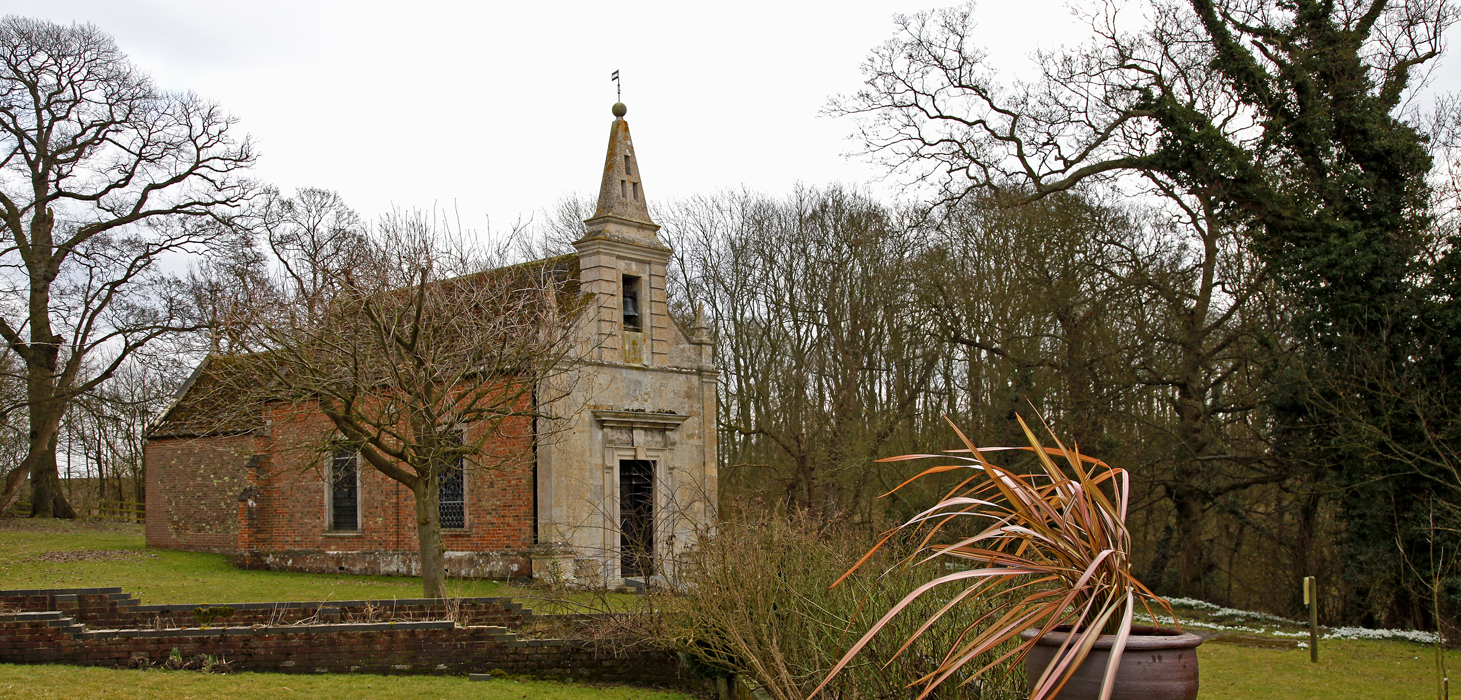Harding, Anthony John. Coleridge and the Inspired Word. Kingston: McGill–Queen’s University Press, 1985.
Shaffer — ‘Kubla Khan’ and the Fall of Jerusalem
Shaffer, E. S. “Kubla Khan” and the Fall of Jerusalem: The Mythological School in Biblical Criticism and Secular Literature. Cambridge University Press, 1975.
Pym — Religious Thought of Samul Taylor Coleridge
Pym, David. The Religious Thought of Samuel Taylor Coleridge. Gerrards Cross: Colin Smythe, 1978.
Happel — Coleridge’s Religious Imagination
Happel, Stephen. Coleridge’s Religious Imagination. Salzburg: Institut für Anglistik und Amerikanistik, Universität Salzburg, 1983.
Coleridge on the Seventeenth Century
Coleridge, Samuel Taylor. Coleridge on the Seventeenth Century. Ed. Roberta Florence Brinkley. Durham, N.C.: Duke University Press, 1955.
With an Introduction by Louis I. Bredvold.
Prickett — Romanticism and Religion
Prickett, Stephen. Romanticism and Religion: The Tradition of Coleridge and Wordsworth in the Victorian Church. Cambridge: Cambridge University Press, 1976.
Jasper — Interpretation of Belief
Jasper, David, ed. The Interpretation of Belief: Coleridge, Schleiermacher and Romanticism. London: Macmillan, 1986.
Coats — Mysticism of Samuel Taylor Coleridge
Coats, Robert Hay. “The Mysticism of Samuel Taylor Coleridge.” London Quarterly Review 116 (1911): 137–41.
Elmen — Fame of Jeremy Taylor
Elmen, Paul. “The Fame of Jeremy Taylor.” Anglican Theological Review 44 (1962): 389–403.
Brisman — Coleridge and the Supernatural
Brisman, Leslie. “Coleridge and the Supernatural.” Studies in Romanticism 21 (1982): 123–59.
Schricks — Coleridge and the Cambridge Platonists
Schricks, W. “Coleridge and the Cambridge Platonists.” Review of English Literature 7 (1966): 71–91.
Henry More and Ralph Cudworth.
Wright — Samuel Taylor Coleridge and the Anglican Church
Wright, Luke Savin Herrick. Samuel Taylor Coleridge and the Anglican Church. Notre Dame, Ind.: University of Notre Dame Press, 2010.
Abstract: This book is the first systematic historical examination of Samuel Taylor Coleridge’s prose religious works. Coleridge (1772–1834), the son of a clergyman, was born and died a communicating member of the Church of England. He was a prolific writer on the subject of the relationship between church and state. At age twenty-three, Coleridge published his first theological work, Lectures on Revealed Religion, which focused on the concept of reason facilitating virtue. Luke Wright maintains that this theme unites Coleridge’s theological writings, including the posthumous Confessions of an Inquiring Spirit (1935). Although he was an advocate of radical politics in the 1790s, by the time Coleridge published The Friend (1809), he had become high Tory. His major contribution to Anglican religious discourse was the revival of the Tory position on church and state, which saw the two as an organic unity rather than separate entities forming an alliance. His writings were vigorously opposed to the Court Whig theory of church and state. After Coleridge’s death in 1834, his arguments were taken up by William Gladstone and carried forward. Wright’s careful reconstruction of Coleridge’s dedication to church-state issues provides a new perspective on the writer himself and on the intellectual history of early nineteenth-century England.
Barth — Coleridge and Christian Doctrine
Barth, J. Robert. Coleridge and Christian Doctrine. Cambridge, Mass.: Harvard University Press, 1969.
Brinkley — Coleridge’s Criticism of Jeremy Taylor
Brinkley, Roberta Florence. “Coleridge’s Criticism of Jeremy Taylor.” Huntington Library Quarterly 13 (1950): 313–23.
Chapman — English Literature and Religion
Chapman, Edward M. English Literature and Religion, 1800-1900. London: Constable; Boston and New York: Houghton Mifflin, 1910.
Treats, among others, Cowper, Crabbe, Burns, Blake, Wordsworth, Coleridge, Byron, Shelley, Keble, Newman, Carlyle, Ruskin, Austen, Scott, the Brontës, Dickens, Thackeray, Trollope, Eliot, Tennyson, Browning, Clough, Arnold, Christina Rossetti, Morris, Kipling, Hardy.
Digital version: HathiTrust.
Lemon — Blackwell Companion to the Bible in English Literature
Lemon, Rebecca. The Blackwell Companion to the Bible in English Literature. Chichester and Malden, Mass.: Wiley-Blackwell, 2009.
Contents: Part 1. — General introduction (by Rebecca Lemon, Emma Mason, and Jonathan Roberts). — The literature of the Bible (by Christopher Rowland). — Biblical hermeneutics and literary theory (by David Jasper). — Part 2: Medieval. — Introduction (by Daniel Anlezark) — Old English poetry (by Catherine A. M. Clarke). — The medieval religious lyric (Douglas Gray). — The Middle English mystics (by Annie Sutherland). — The Pearl-poet (by Helen Barr). — William Langland (by Mary Clemente Davlin). — Geoffrey Chaucer (by Christiania Whitehead). — Part 3: Early modern. — Introduction (Roger Pooley). — Early modern women (by Elizabeth Clarke). — Early modern religious prose (by Julie Maxwell). —Edmund Spenser (by Carol V. Kaske). — Mary Sidney (Rivkah Zim). — William Shakespeare (by Hannibal Hamlin). — John Donne (by Jeanne Shami). — George Herbert (by John Drury). — John Milton (by Michael Lieb). —John Bunyan (by Andrew Bradstock). — John Dryden (by Gerard Reedy). — Part 4: Eighteenth century and Romantic. — Introduction (by Stephen Prickett). — Eighteenth-century hymn writers (by J. R. Watson). — Daniel Defoe (by Valentine Cunningham). — Jonathan Swift (by Michael F. Suarez). — William Blake (by Jonathan Roberts and Christopher Rowland). — Women Romantic poets (by Penny Bradshaw). — William Wordsworth (by Deeanne Westbrook). — S. T. Coleridge (by Graham Davidson). — Jane Austen (by Michael Giffin). — George Gordon Byron (by Wolf Z. Hirst). —P. B. Shelley (by Bernard Beatty). — Part 5: Victorian. — Introduction (by Elisabeth Jay). — The Brownings (by Kevin Mills). — Alfred Tennyson (by Kirstie Blair). — The Brontës (by Marianne Thormählen). — John Ruskin (by Dinah Birch). — George Eliot (by Charles LaPorte). — Christina Rossetti (by Elizabeth Ludlow). — G. M. Hopkins (by Paul S. Fiddes). — Sensation fiction (by Mark Knight). — Decadence (by Andrew Tate). — Part 6: Modernist. — Introduction (by Ward Blanton). —W. B. Yeats (by Edward Larrissy). — Virginia Woolf (by Douglas L. Howard). — James Joyce (by William Franke). — D. H. Lawrence (by T. R. Wright). — T. S. Eliot (by David Fuller). — The Great War poets (by Jane Potter).
